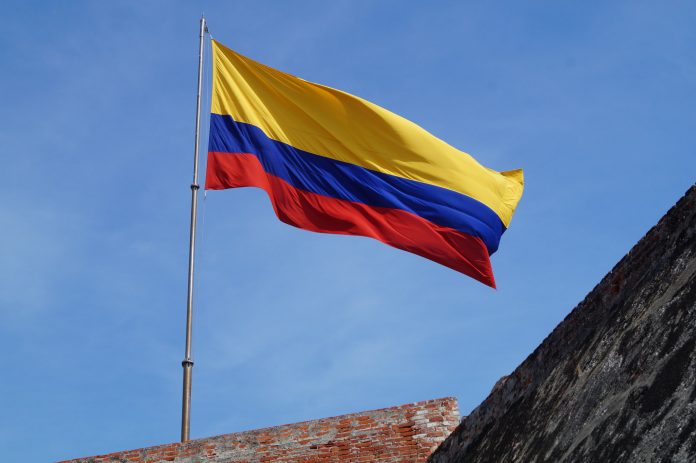The Chair of the Subcommittee on Human Rights, Maria Arena, reacts to the latest developments in the cities of Cali and Popayán.
“I am deeply shocked by the suicide of Alison Melendez, a 17-year-old girl, after she was brutally arrested and allegedly abused sexually by members of the riot police unit ESMAD in the city of Popayán. This tragic development is not an isolated criminal act. The latest developments in Colombia continue to alarm. Police and non-uniformed agents in the city of Cali have opened fire on peaceful demonstrators, reportedly killing and injuring a number of people. In this context, the number of attacks on, and intimidation of, human rights defenders has continued to multiply across the country. Colombia, as any country in the world, has the duty to protect its citizens. It has also the duty to ensure protesters are not impeded in exercising their civil and constitutional rights as citizens, including the right to freedom of peaceful assembly and to demonstrate. The authorities must guarantee this fundamental right to protest and at the same time instruct security forces to show maximum restraint in their use of force against peaceful citizens. I strongly encourage the Colombian authorities to carry out an independent, effective and impartial investigation on acts of violence, indiscriminate use of force, sexual violence and arbitrary deprivation of liberty against peaceful demonstrators. Those responsible ought to be identified and prosecuted. Only meaningful dialogue that brings together social and political forces will pave the way towards the peaceful solution, reconciliation and peace which the Colombian people very much deserve and which is needed now to overcome the social and economic consequences of the COVID-19 pandemic.”
Despite an announcement from the Colombian presidency on 2 May that the tax reform bill would be removed from Congress, the protests, which began on 28 April, have continued. Since 28 April, the UN Human Rights Office has received allegations of at least 14 deaths in the context of the protests in different parts of Colombia, including at least one police officer. Human rights organisations have reported at least 1800 violent acts including around 40 murders, 548 disappearances, 12 victims of sexual violence, and 963 arbitrary detentions. Since Sunday 9 May, more than a dozen people were injured, mostly indigenous people, such as members of the Regional Indigenous Council of Cauca – CRIC – who took part in the demonstrations and staged a traditional protest known as a “Minga.”

